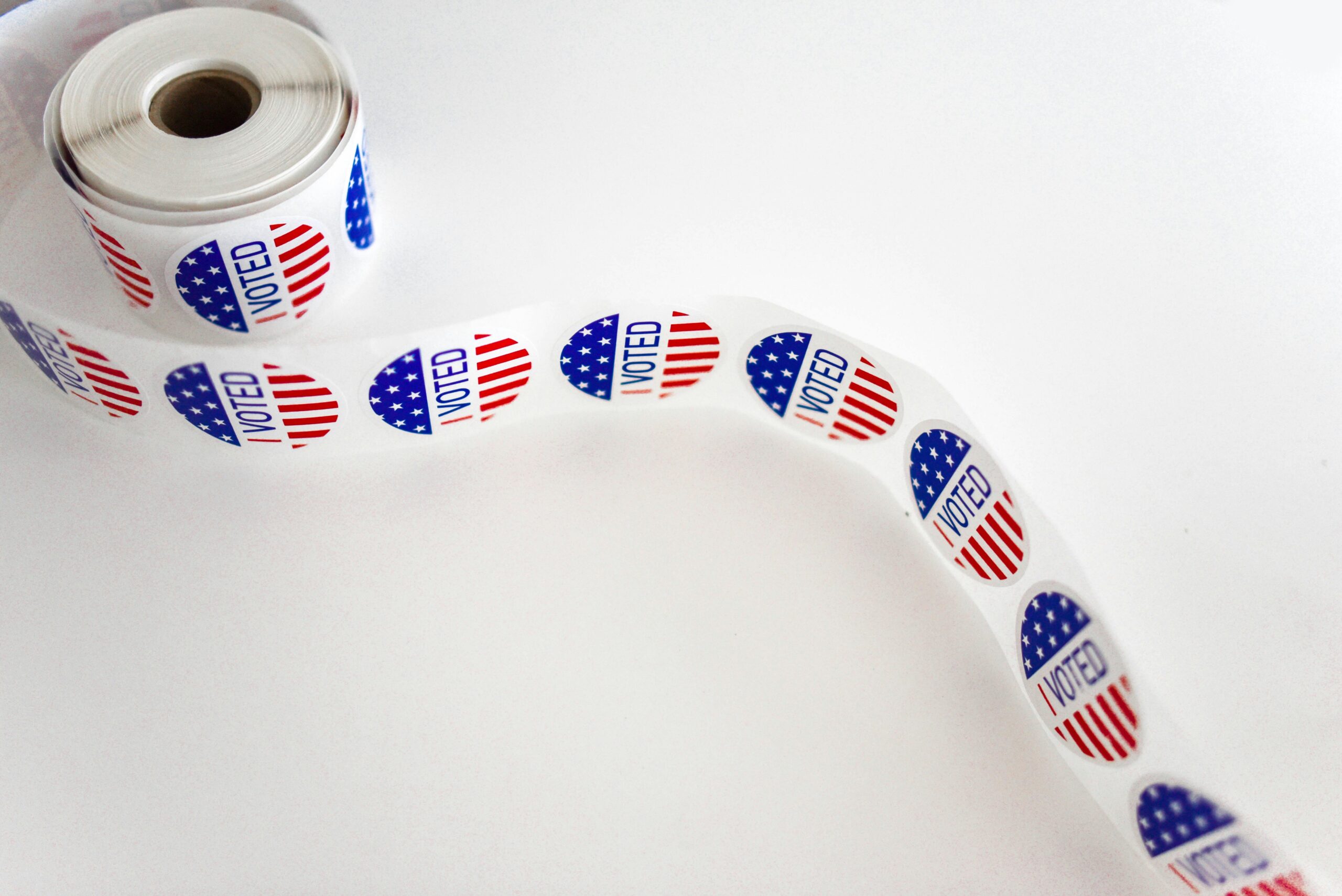To make a lasting positive change for people in your community, civic engagement is critical. One of the most important times for your voice to be heard is during elections. Your vote can have far-reaching impacts, affecting your neighborhood, city, state, country, and even the world. Whether in your local city council meeting, your state’s legislature, or in the Oval Office, decisions and policies are made that can make a tangible difference in people’s lives.
Civic engagement and Islamic Relief USA
Civic engagement is a critical part of the work of the nonprofit Islamic Relief USA (IRUSA), the nation’s largest faith-based Islamic charity. The organization encourages Muslim Americans to exercise their right to vote and believes that civic engagement is consistent with Islamic values and the duties prescribed in the Quran.
Progress demands participation
IRUSA has seen firsthand how advocacy can affect outcomes. They have partnered with organizations worldwide and hosted forums to facilitate the discussion of crucial issues, joining others to take purposeful action. The charity has been part of an invaluable movement to alleviate suffering and change the trajectory of families and communities in many parts of the planet.
These experiences have demonstrated for the organization that substantive progress can happen when voices come together. Election day is a time when we Americans can use our personal power to select decision makers for our city, state, and country, and to voice our opinion on the policies that matter to us. The impact of a vote can make a real difference, especially to low-income and marginalized communities, both in the U.S. and abroad. Voting can decide whether people have enough to eat, whether they can afford shelter, whether precious natural resources will be protected, and what kind of foreign policy our country will pursue.
Get prepared to vote
IRUSA recognizes that voting—especially if it’s your first time—requires some planning. Finding out when elections will be held and registering to vote is the first step in the process. Next, it’s necessary to research the issues of the day and read the position each candidate and their political party has on these matters.
Much information is available online or in published pamphlets. Local newspapers are great sources of information about city and county elections. Moreover, it can be informative to attend local meetings where candidates respond to audience questions or view televised debates.
One component of civic duty is inspiring others to also vote. You can discuss problems facing your community with family, friends and colleagues. Having a healthy debate and sharing perspectives with others can broaden your appreciation for the lived experience of other people and how matters might affect them. Such conversations can also urge more people to get out and vote.
On election day, each person should be ready to cast their vote for the candidates who support the issues they hold dear and who will follow their conscience in upholding the responsibilities of their office.
IRUSA resources
To assist voters in preparing for voting day, Islamic Relief USA has put together a range of resources about voting. In the IRUSA Voter Toolkit, you’ll find links to trusted information about:
- How to register to vote
- How to double-check whether you’re registered to vote
- How to find local and state election websites
- How to vote to end hunger, which is a major part of IRUSA’s work
- Helpful resources, like the U.S. Election Assistance Commission
- Voting information by issue and by state
- Comprehensive ballot information about the upcoming election
There’s also a helpful countdown to the November 5, 2024, election, which will not only decide the next president and vice president, but all 435 seats in the U.S. House of Representatives and 34 of 100 U.S. Senate seats. Many states will also elect governors.
Voting is a hard-won right
Casting your ballot in an election is an effective way to have your voice heard and concerns raised. This right has been hard won by many groups throughout American history, and the responsibility is not to be taken lightly. When the country was founded, only a tiny group of citizens could vote — white male landowners. Over time, barriers to voting fell. African American men won the right to vote with the Fifteenth Amendment in 1868, yet for another century, Jim Crow laws systematically prevented them from voting via poll taxes, literacy tests, intimidation, and violence. Women won the right to vote with the Nineteenth Amendment, ratified in 1920. The Twenty-Sixth Amendment dropped the voting age from 21 to 18 in 1971.
In reality, it wasn’t until the 1965 Voting Rights Act that adult citizens of all races and genders secured the right to vote—and even now, voter suppression is a serious problem in many states. Strict ID laws, mass voter roll purges, narrow voting windows, complicated registration processes, and polling place closures all make voting more difficult. Almost without exception, it is people of color, disabled Americans, and low-income voters that are disenfranchised by these policies.
We still have a long way to go in terms of truly ensuring that everyone has the right to vote — but if you can vote, you should do so. It’s both your right and your responsibility. Your community, your state, your country, and the world all need you!
